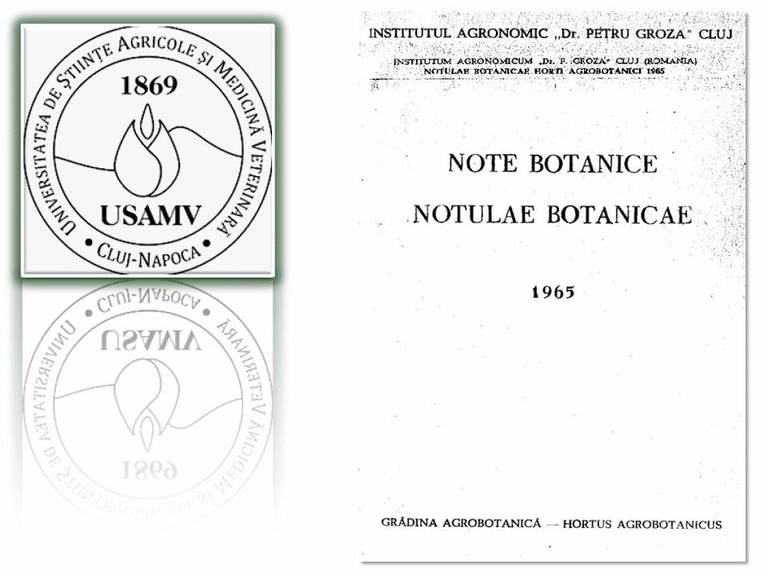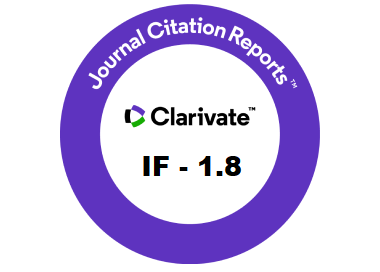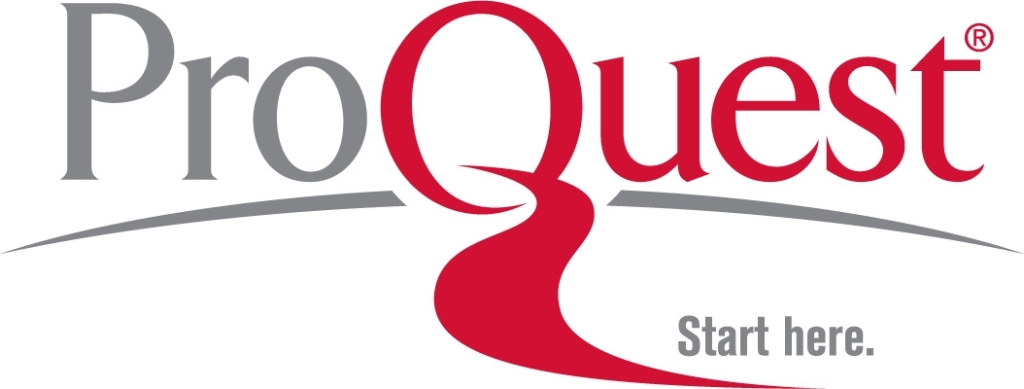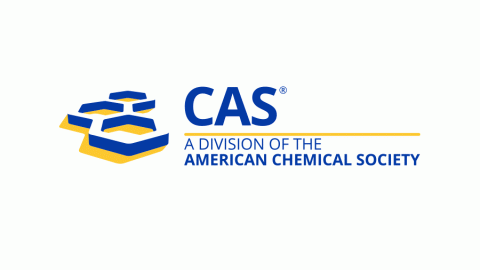In vitro Synergistic Antimicrobial Activity of Romanian Propolis and Antibiotics against Escherichia coli Isolated from Bovine Mastitis
DOI:
https://doi.org/10.15835/nbha43210074Abstract
The study was aimed to characterize the chemical composition and the antimicrobial activity of Romanian propolis ethanolic extracts (EEP) against antibiotic-sensitive and antibiotic-resistant E. coli strains isolated from bovine mastitis. The preliminary antimicrobial screening was performed by a disk diffusion method, followed by determination of minimum inhibitory concentrations (MIC) and minimum bactericidal concentrations (MBC) based on broth microdilution assay; further, the synergistic action of propolis with antimicrobial drugs was assessed by a disk diffusion method on agar containing subinhibitory concentrations of propolis. For the chemical characterisation of EEP, the flavonoids (flavones/flavonols, flavanones/dihydroflavonols) and total phenolics were evaluated by spectrophotometric methods. The phenolic compounds of these extracts were also determined using HPLC. The results indicated for Romanian propolis ethanolic extracts the typical poplar composition profile with flavonoids and phenolic acids as main biological active compounds, with chromatographic analysis data confirmed also spectrophotometrically. In addition, positively correlated with the chemical composition, a strong antimicrobial efficacy was exhibited towards E. coli strains, along with interesting synergistic interaction with antibiotics that can be further investigated to obtain propolis-based formulation with antibacterial properties. Subsequent in vitro and in vivo studies evaluating the safety and efficacy are intended to consider propolis in veterinary therapeutic protocols.
Downloads
Published
How to Cite
Issue
Section
License
Copyright (c) 2015 Mihaela NICULAE, Laura STAN, Emoke PALL, Anamaria Ioana PAȘTIU, Iulia Maria BALACI, Sevastița MUSTE, Marina SPÎNU

This work is licensed under a Creative Commons Attribution 4.0 International License.
License:

Open Access Journal:
The journal allows the author(s) to retain publishing rights without restriction. Users are allowed to read, download, copy, distribute, print, search, or link to the full texts of the articles, or use them for any other lawful purpose, without asking prior permission from the publisher or the author.











.png)







